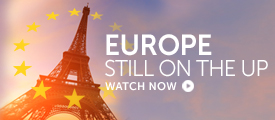This year, Hyatt launched a new ‘soft brand’ The Unbound Collection, a portfolio of individual properties with a ‘distinct character’. The popularity and character of independent hotels is being harnessed by soft brands. For the individual hotel owner being part of a collection offers them better exposure and other benefits in exchange for a fee.
Four hospitality experts discuss branding and independence:
According to STR and The Highland group, the supply of boutique, lifestyle and soft-brand hotels has increased at double-digit annual rates over the last five years, and in 2015 they jointly generated room revenues of $13.7 billion. Their research showed that Soft Brand Collections account for $43.341 bn of this revenue, and Boutiques account for $8.025 bn,
Another soft brand that is aiming to provide an independent feel include Best Western’s Vib, which has a membership fee of 5% of total room revenue. Hilton has several collections in including Canopy and Curio which each sells a slightly differently lifestyle.
It is not just hotels that are following this trend. In the serviced apartment sector Ascott recently launched the crest collection with four properties in Paris and Bangkok.
If you’ve been sent to this page and you’re not yet on the circulation list to receive these regular briefings and you would like to sign up, you can do see here. It’s free.
Video clips produced by ybc.tv for the Hospitality Channel, including interview from industry conferences such as the IHIF conference as well as specific Hospitality Channel shoots.









